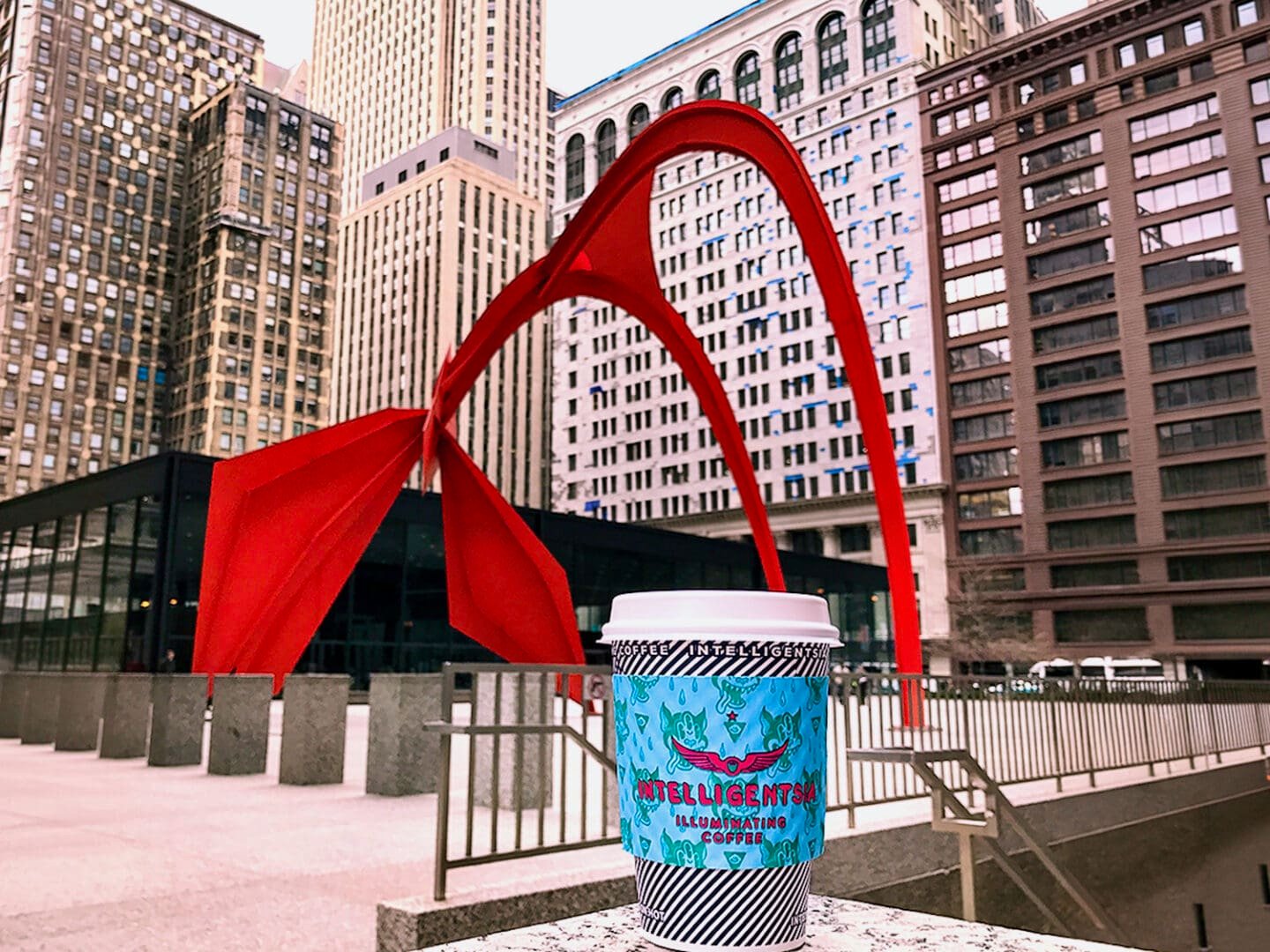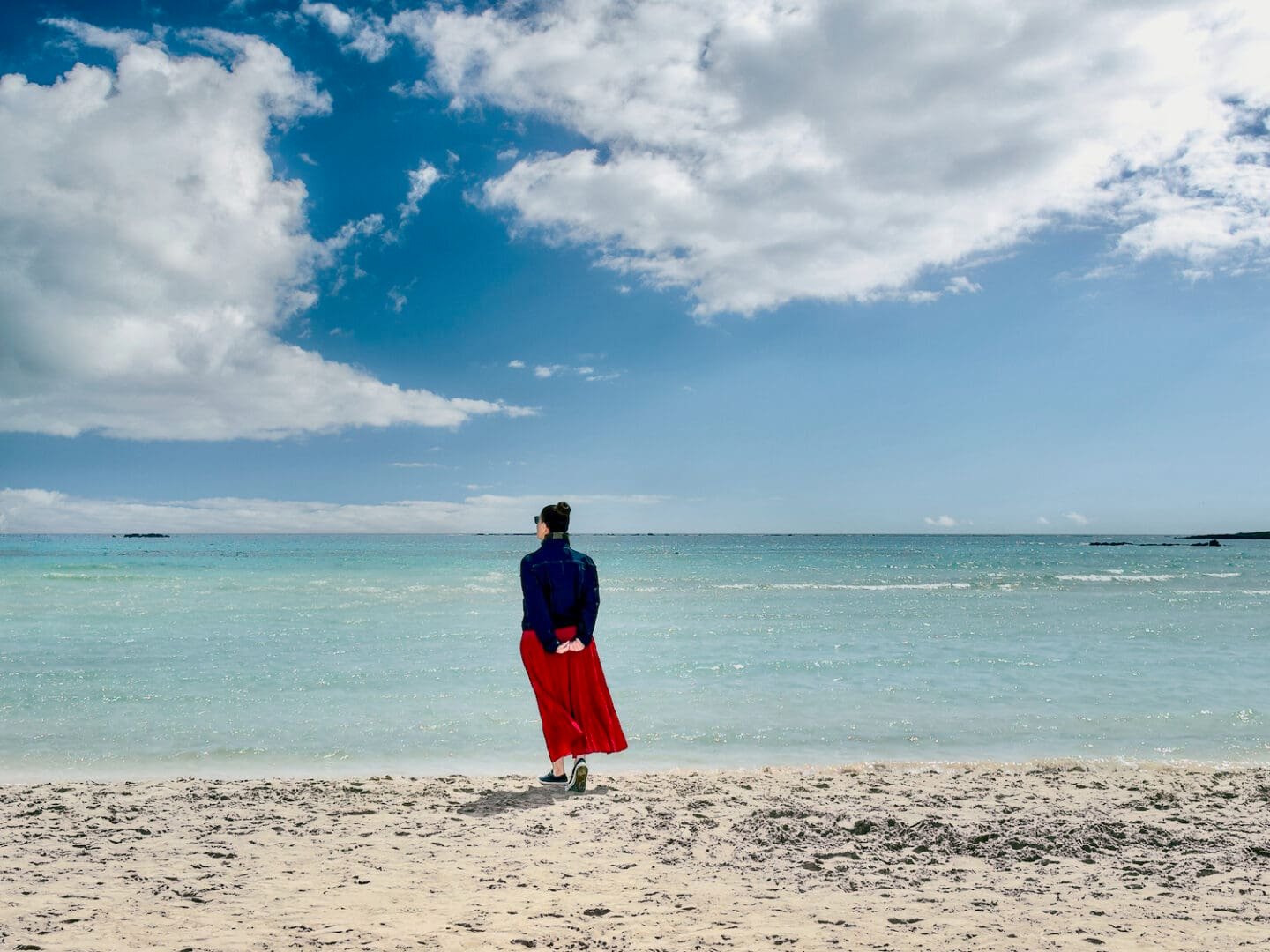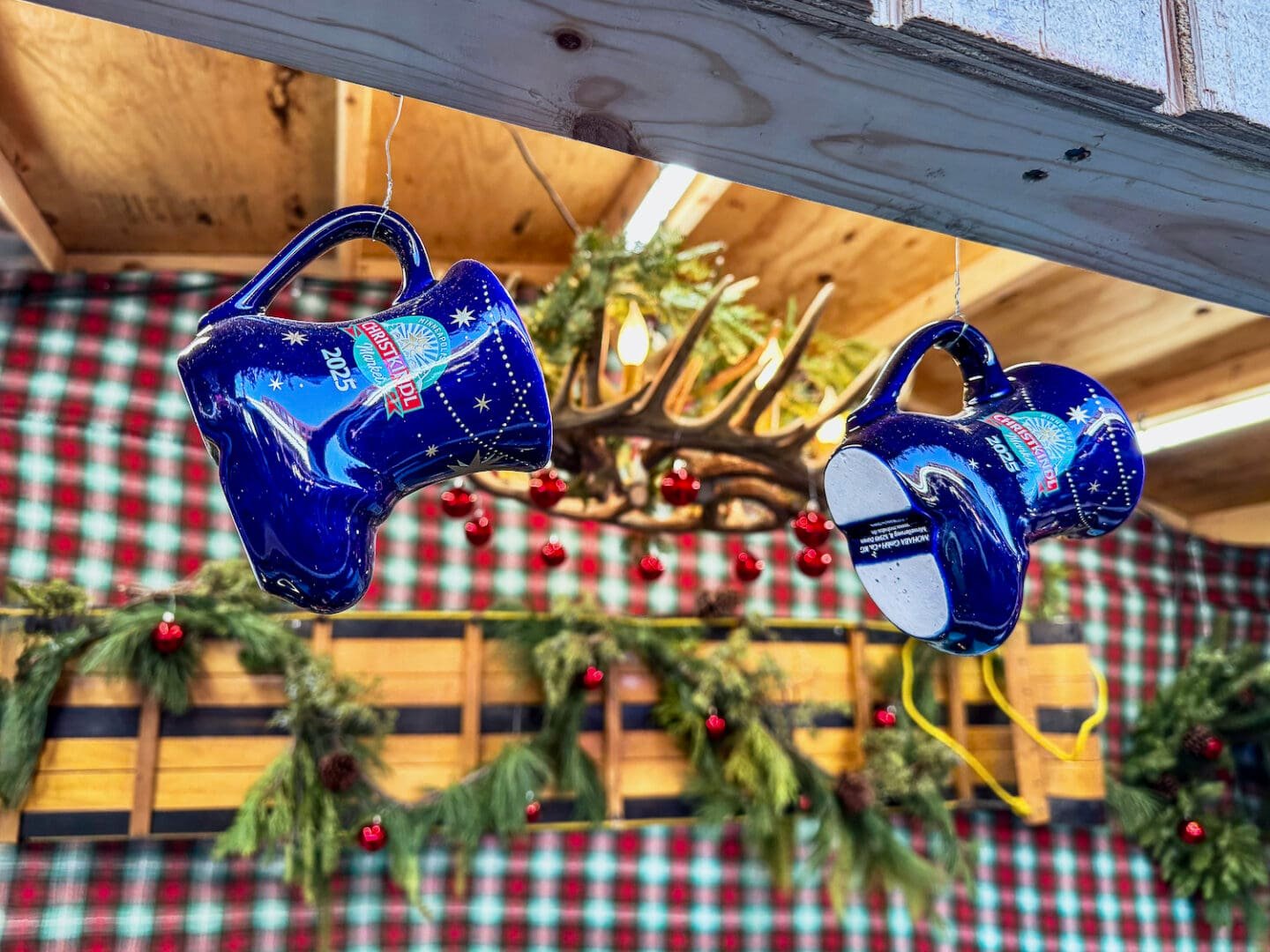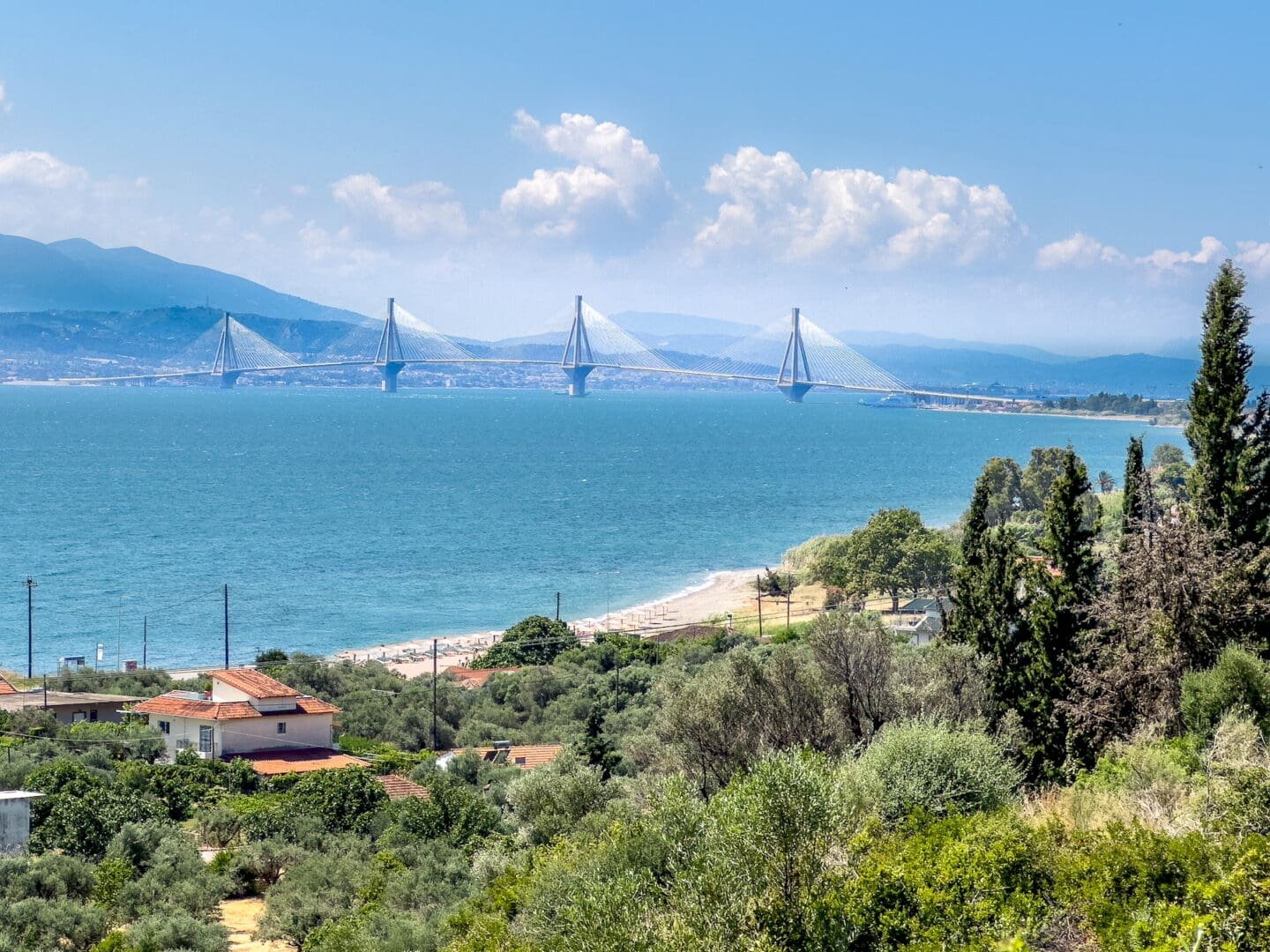
Come travel off the beaten path in Nafpaktia, Greece. On delightful day trips from Nafpaktos, discover hidden gems of nature, culture, and community.
Nafpaktia (Ναυπακτία) surrounds the historic medieval city and thriving modern town of Nafpaktos, Greece. It’s a delightful and diverse area to explore on a half or full-day trip.
Dramatic mountains with bucolic villages rise above Nafpaktos, a Venetian gem. Beautiful beaches, coastal communities, and another medieval castle – oh yes, different from the Castle Nafpaktos! – stretch along the Gulf of Corinth.
Let’s uncover together these hidden treasures in the Nafpaktia Mountains and on the Nafpaktia coast in Western Greece.
Ready? Πάμε, let’s go!
When you book or purchase through some links, Spotlight Sojourns may earn a small commission at no extra cost to you. Thanks for using our affiliate links!
Map of Nafpaktia
Orini Nafpaktia, Mountainous Nafpaktia
Rugged nature and tight-knit community define Orini Nafpaktia (Ορεινή Ναυπακτία), also known as Mountainous Nafpaktia.
Orini Nafpaktia, Mountainous Nafpaktia Nature
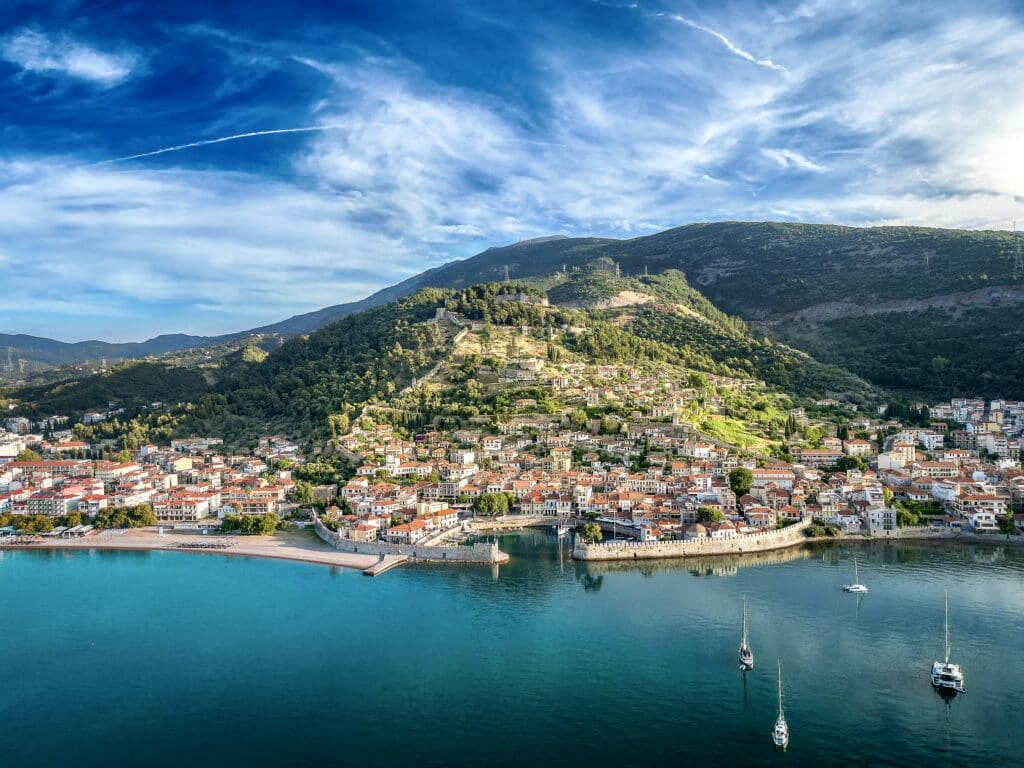
The Nafpkatia Mountains encompass dense forests, deep gorges, and green valleys. Rivers, streams, and waterfalls flow through the verdant landscape.
Hiking trails meander throughout these rugged mountains. There’s a scenic trail for the kind of fresh-air activity or high-energy outdoor adventure you prefer.
Take a pastoral stroll and do a little forest bathing. Or lace up your boots and grab your trekking poles for some serious hiking and mountaineering.
Climb aboard a mountain bike for a challenging ride. Launch a raft or kayak for an easy and enjoyable paddle on the Evinos River.
The Evinos River runs about 57 miles (92 m) through mountains and valleys, then empties into the gulf.
Crossing the Evinos and other rivers, arched stone bridges were hand-built by master masons in the 18th and 19th centuries.
These handsome arched bridges resemble those in the Zagorochoria, a UNESCO Greek landmark off the beaten path in the Region of Epirus.
Address: Evinos Artificial Lake Dam | Epar. Od. Nafpaktou – Platanou – Psilou Stavrou | 30025 Nafpaktia, Greece
Orini Nafpaktia, Mountainous Nafpaktia Villages
Narrow old roads and ancient paths twist and turn through the Nafpaktia mountains, connecting numerous little villages.
These charming villages honor centuries of heritage, culture, faith, and resilience. Whether the village size is small or tiny, the residents offer genuine philoxenia – that is, Greek hospitality.
Traditional stone buildings, tiled roofs, brightly colored balconies, cobblestone streets, and folk art retain the quaint allure of an earlier age.
Ano Chora, Kato Chora, Ampelakiotissa, and Platanos are among the most visited places, particularly Ano Chora and Kato Chora.
Ano Chora proudly displays the beloved Mercedes bus, painted in cream and turquoise, that long provided public transportation between Nafpaktos and Mountainous Nafpaktia.
The old-fashioned bus is super cute – and a favorite instagrammable spot! Look for the permanently parked bus by Agia Paraskevi Church.
During your adventure in Orini Nafpaktia, you’ll find historic monasteries, churches, and perhaps even an ancient hermit’s cave. Some monasteries are in ruins, others remain active and inhabited.
Wherever you may wander in the Nafpaktia Mountains, the past is always present.
Travel Tips for Orini Nafpaktia, Mountainous Nafpaktia
The driving distances from Nafpaktos to Mountainous Nafpaktia, and then between the mountain villages, are short. But the local roads still take time to traverse.
For instance, the driving distance from Nafpaktos to Ano Chora village is approximately 32 miles (52 km). Then, from Ano Chora to Planatos village, the drive is about 29 miles (68 km).
However, the driving time takes longer because of the nature of mountain roads and mountain weather. Oh yes, and mountain traffic! After all, you never know when a flock of sheep or goats may cross the road.
So, a full-day trip, or even an overnight trip, is a good plan to take full advantage of Orini Nafpaktia.
Of the rustic Orini Nafpaktia communities, Ano Chora offers the most tourist services, especially for an overnight stay.
The small boutique hotel Ta Petrina offers year-round accommodations in the heart of Ano Chora village.
Vintage decor and rich wood paneling create a cozy ambiance. Some rooms feature a romantic four-poster bed and a stone-built fireplace.
Address: Ta Petrina | 30023 Ano Chora, Orini Nafpaktia, Greece
Check available dates and best prices for your stay in Nafpaktia, then book HERE.
Coastal Nafpaktia, Greece
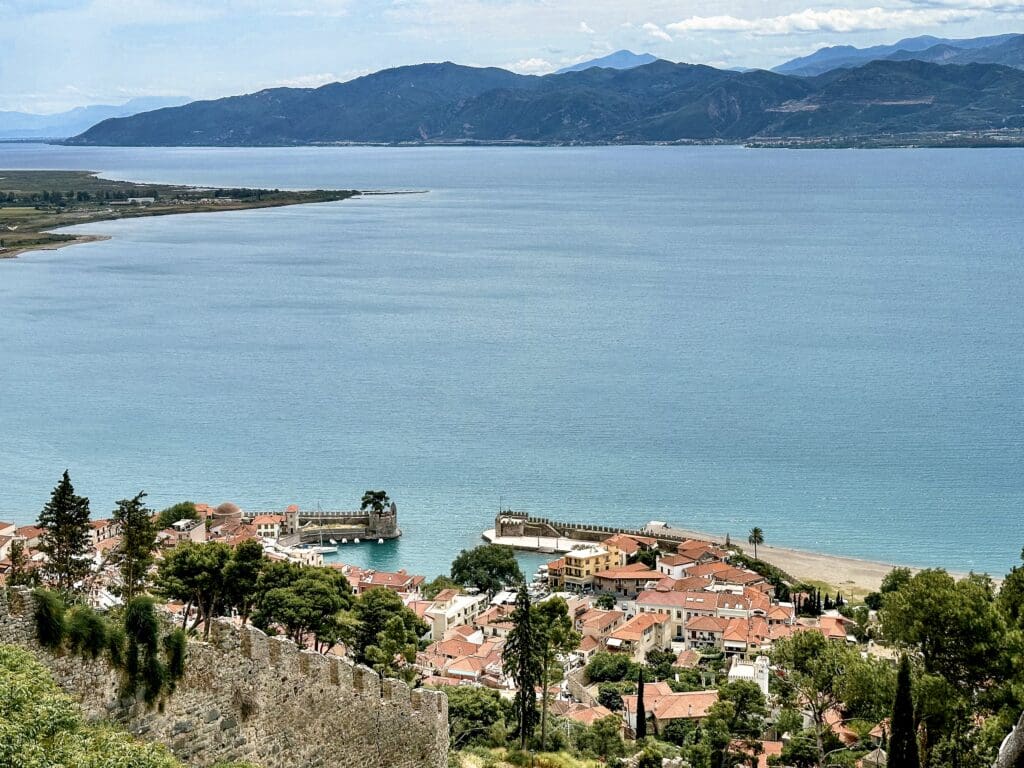
Monastiraki Nafpaktos
A quick drive east from Nafpaktos Port, Monastiraki Nafpaktos is a seaside village with a little blue lake. The lake is a small body of water separated by the stone beach from the sea.
On one end, Blue Lake Nafpaktos is a popular seasonal beach bar for summer fun, food, drinks, and music all day and night. Blue Lake has a reputation as a swanky spot to see and be seen, so the place gets packed.
Sunbeds, cabanas, and umbrellas are available by advance reservation or early arrival to the organized beach.
Address: Blue Lake Nafpaktos Beach Bar | Parathalasso | 33056 Monastiraki Nafpaktos Greece
Located on the opposite end of the small blue lake, Monastiraki Beach is the public beach. A slim channel between the lake and the sea separates the party side from the family side.
Nafpaktia locals frequent this quiet end of the pebble beach. A parking lot, shade trees, and calm waters make this area a family-friendly environment.
Address: Monastiraki Beach | Epar. Od. Monastirakiou-Malamata, | 33056 Monastiraki Nafpaktos Greece
Rio-Antirrio Bridge, Nafpaktia
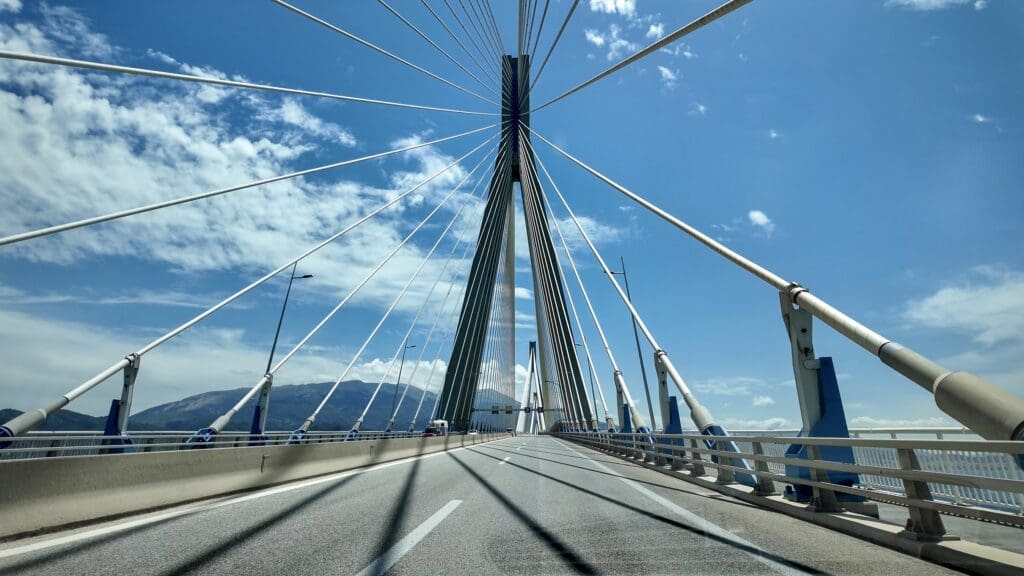
A short drive west from Nafpaktos brings you to the most famous of all bridges in Greece, a source of tremendous national pride.
The Charilos Trikoupis Bridge, better known as the Rio-Antirrio Bridge, is a monumental modern landmark visible from Nafpkatos Port. And also, rumor has it, from space.
The Rio-Antirio Bridge spans the Gulf of Corinth and the Gulf of Patras. In short, the bridge connects Western Greece and the Peloponnese Region.
On August 7, 2004, Olympic torchbearers were the first to cross the bridge on Opening Day, right before the Athens 2004 Olympic Games. At 1.4 miles (2,252 m) full length, it made headlines as the world’s longest cable-stayed bridge.
It’s won international awards for state-of-the-art engineering and operations. The result overcomes major challenges – such as distance, depth, winds, earthquakes, and more – along with awe-inspiring aesthetics.
You can either drive or walk across the bridge. But, alas, you can’t ride a bicycle.
So, to walk across the bridge, take the footbridge from the Toll Plaza to reach the protected pedestrian sidewalks flanking the westbound and eastbound sides.
Address: Charilaos Trikoupis Bridge | Gefira Charilaos Trikoupis, Ionia Odos A5 | 30020 Antirrio Nafpaktia, Greece
Antirrio, Nafpaktia
Until the Rio-Antirrio Bridge opened in 2004, ferries exclusively carried all vehicles from the small town and Port of Antirrio to Patras.
Ferries still sail daily for trucks, drivers, cyclists, and anyone who enjoys an inexpensive and scenic water crossing.
Antirrio Castle is a medieval fortress constructed after the Ottomans captured Nafpaktos in 1499.
Later, the Venetians conquered the castle. Then the Ottomans recaptured and held Antirrio Fortress until the Greek War of Independence liberated Nafpaktia in 1829.
Within the citadel, the handsome Lighthouse of Antirrio dates from the late 19th century. You can walk the walls to the base of the stone-built pharos.
The stalwart lighthouse makes a dramatic contrast – and also a fantastic instagrammable photo – against the bridge’s colossal pier and soaring central span.
Address: Antirrio Castle, Antirrio Lighthouse, and Antirrio Port | 30020 Antirrio Nafpaktia, Greece
Fascinating Fact: Antirrio Castle
From ancient times of mythology to the modern independent nation of today, Greece builds age after age on layer upon layer.
Thousands of years of history, culture, artistry, and community are literally everywhere under your feet.
Including here at Antirrio Castle on the Corinthian Gulf.
Greek archaeologists uncovered evidence of ancient Molykreia. Firstly, the historian Thucydides mentions Molycreia in The Peloponnesian War; then, the geographer Strabo describes this Corinthian settlement.
These layers of ancient, medieval, and modern eras continue through today.
In July 2024, the Hellenic Ministry of Culture announced a plan to renew and enhance Antirrio Castle into an improved and accessible site for cultural special events.
Longer Day Trips from Nafpaktos
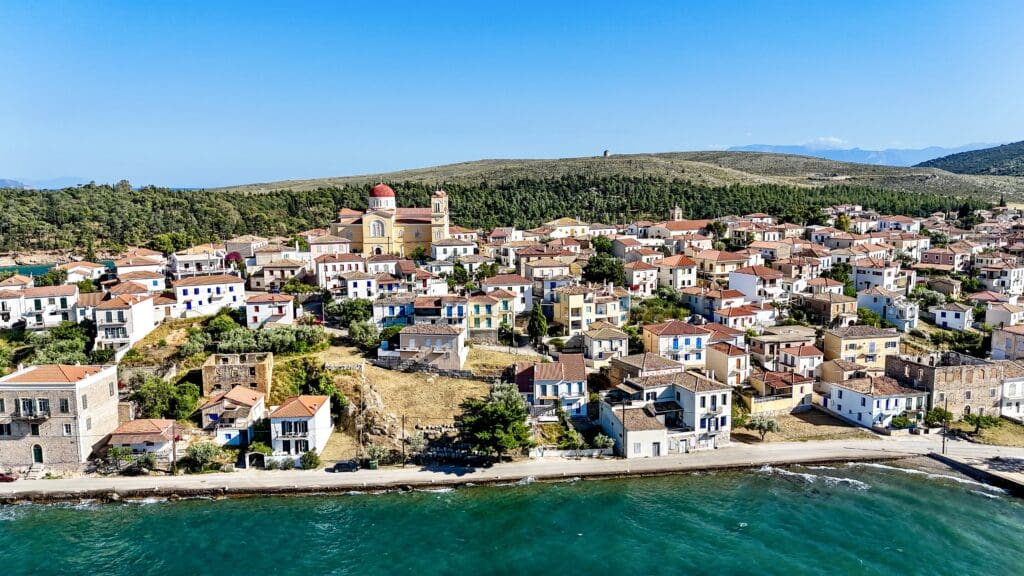
If you’d like to explore beyond Nafpaktia, two of the most famous Greek landmarks fall within longer day trips.
Firstly, within the same Region of Western Greece is Ancient Olympia, the birthplace of the Modern Olympic Games.
The Archaeological Site of Ancient Olympia is unique not only in Greece but also in the entire world.
Secondly, in the nearby Region of Central Greece, Delphi was the most important pilgrimage destination in the ancient world.
Today, Delphi is Greece’s most popular historic landmark outside of Athens, the Greek capital. Only the Ancient Acropolis of Athens gets more visitors than the Archaeological Site of Delphi.
By the way, both Ancient Olympia and Delphi are UNESCO World Heritage Sites. And yes, both monuments can also be visited on guided tours and day trips from Athens.
The drive between Nafpaktia and Delphi further features panoramic views of the mountains and the sea.
Thirdly, as another bonus during your day trip, the little coastal town of Galaxaidi is on the route between Nafpaktia and Delphi.
A hidden gem, Galaxaidi is a quaint spot to stop by the sea, stretch your legs, and take a break.
Cute cafes and fish tavernas line the charming waterfront in Galaxaidi, once a maritime hub in an earlier age.
Here you can enjoy a fresh cup of specialty coffee or tea and traditional Greek food
•••
Interactive Map of Nafpaktia
Nafpaktia Resources
Brooks, Allan, Castles of Northwest Greece: From the Early Byzantine Period to the Eve of the First World War. Aetos Press, 2013.
Strabo, Strabo’s Geography: A Translation for the Modern World. Translated by Sarah Pothecary, Princeton University Press, 2024.
Thucydides, The Landmark Thucydides: A Comprehensive Guide to the Peloponnesian War. Edited by Robert B. Strassler, translated by Richard Crawley, Free Press, 1998.
Check Out More Recommendations
GET: Now that you’re ready to visit Nafpaktia, Greece, get your exclusive free storytelling guide to tell your travel stories easily.
•••
Nafpaktia FAQs
Where is Nafpaktia, Greece located?
Nafpaktia, Greece, is located in the Western Region of Greece. It’s on the mainland about 152 miles (245 km) from Athens Airport to Nafpaktos, the main town in Nafpaktia.
What does Nafpaktia mean in Greek?
The municipality of Nafpaktia is named after its main town, Nafpaktos (Ναύπακτος). Some say Nafpaktos means “shipyard” from the Ancient Greek for “ship” (νάυς) and “to fix or build” (πήγνυμι).
What is Nafpaktia Greece known for?
Nafpaktia is known for the fairytale town of Nafpaktos, a Venetian gem with a medieval port and castle. Nafpaktia is also known for traditional village life and outdoor adventure in the Nafpaktia Mountains and the Evinos River.
Why visit Nafpaktia Greece?
The top attraction in Nafpaktia, Greece, is Nafpaktos, a Venetian gem of a town with a unique place in medieval history. The beautiful Nafpaktia Mountains, Evinos River, and beaches are also well worth a visit.

All opinions expressed are Spotlight Sojourns’ own.
All content and images are original, created with care by yours truly, Marilee Kostadimas and Paul Kostadimas. We’re the Hidden Gemologists® of Spotlight Sojourns: Award-winning travel experts and slow travel storytellers. Because slow travel is meaningful travel, part of a meaningful life. And stories enrich the meaning.

